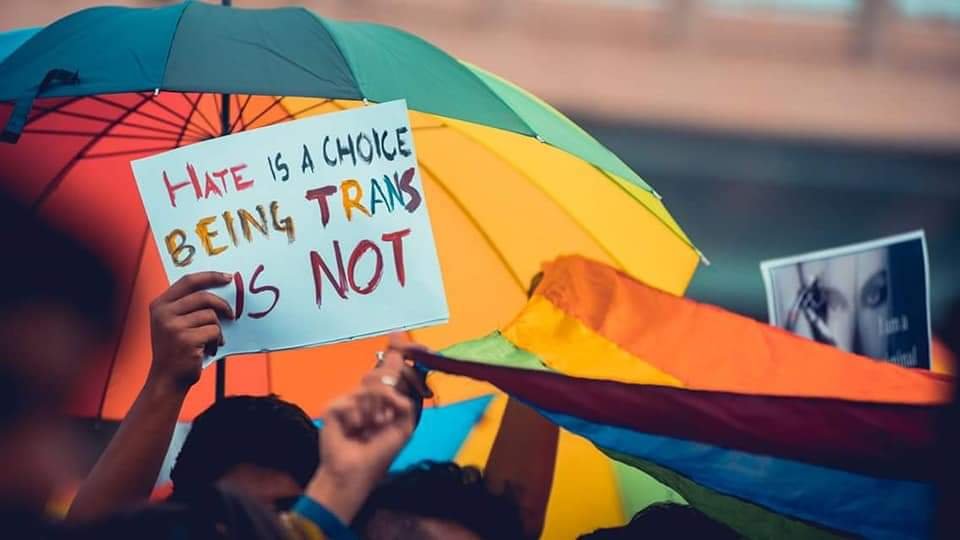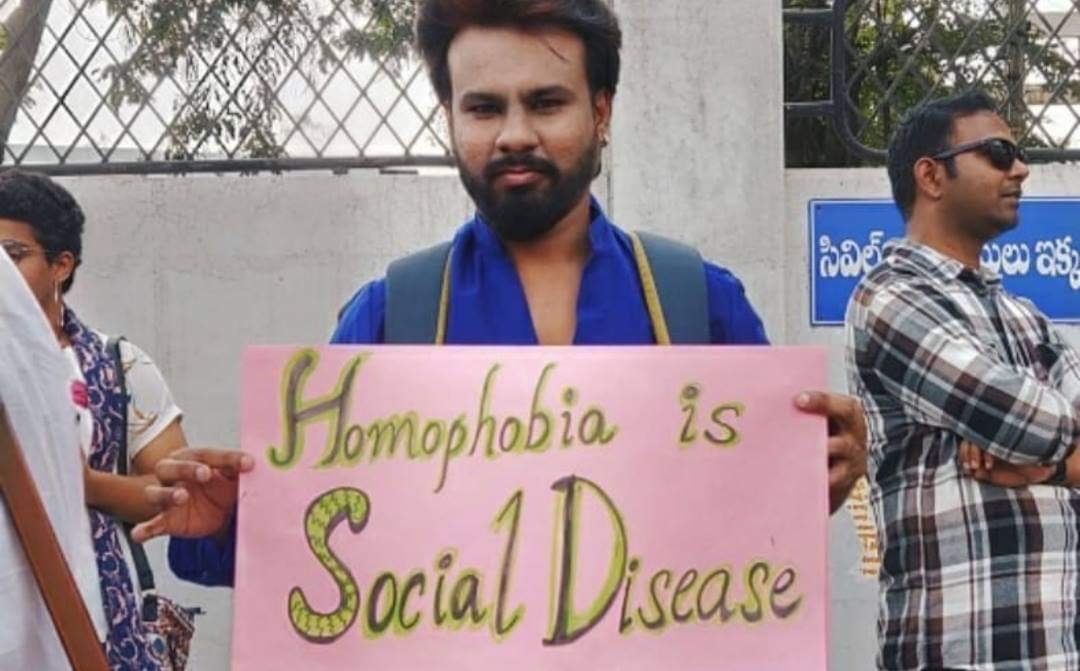
Social media has today gives us the power to create content and provide entertainment to masses. Applications such as TikTok are growing to be that platform for many Indians to freely express themselves and consume content. There are many tweets and YouTube videos that disregard TikTok content creators and users with comments that are blatantly sexist, classist, casteist, homophobic, and transphobic.
In the current political scenario, India’s content consumers can easily access this hate speech and continue to spread this hate speech.
The comments received on these videos were highly problematic. The uses of words that are usually associated with gays and the transgender community were used as derogatory terms and the individuals were mocked. As consumers, we must be conscious of our thoughts and acknowledge the hurt we are causing to these communities. When individuals are subjected to hatred for expressing themselves is perceived negatively, it also takes away agency for the LGBTQIA+ community and thus leads to further systemic oppression.
It is necessary to learn about the meaning of systemic oppression and how it is the same oppression on some, through which we derive our privilege.
– Sharen Raphael Achangadan

It’s actual reality, where people treat LGBT harsh, but along with we have to work at the grass root level to make people understand, where rural youths face the allot of problem and in villages people behave very bad . Many youths who are unaware about this try to attempt suicide and even they get sexullay assaulted.
Thank you for bringing this. We all need to also focus in rural place where not much support systems are available.
Truly an insightful article.
Thank you!
Thought provoking article…. Systematic oppression and power are two sides of the same coin!
As Robin Collin said “we cannot be sustainable unless we engage the disparities that historically have been created around intentional public policies”.
Thank you!